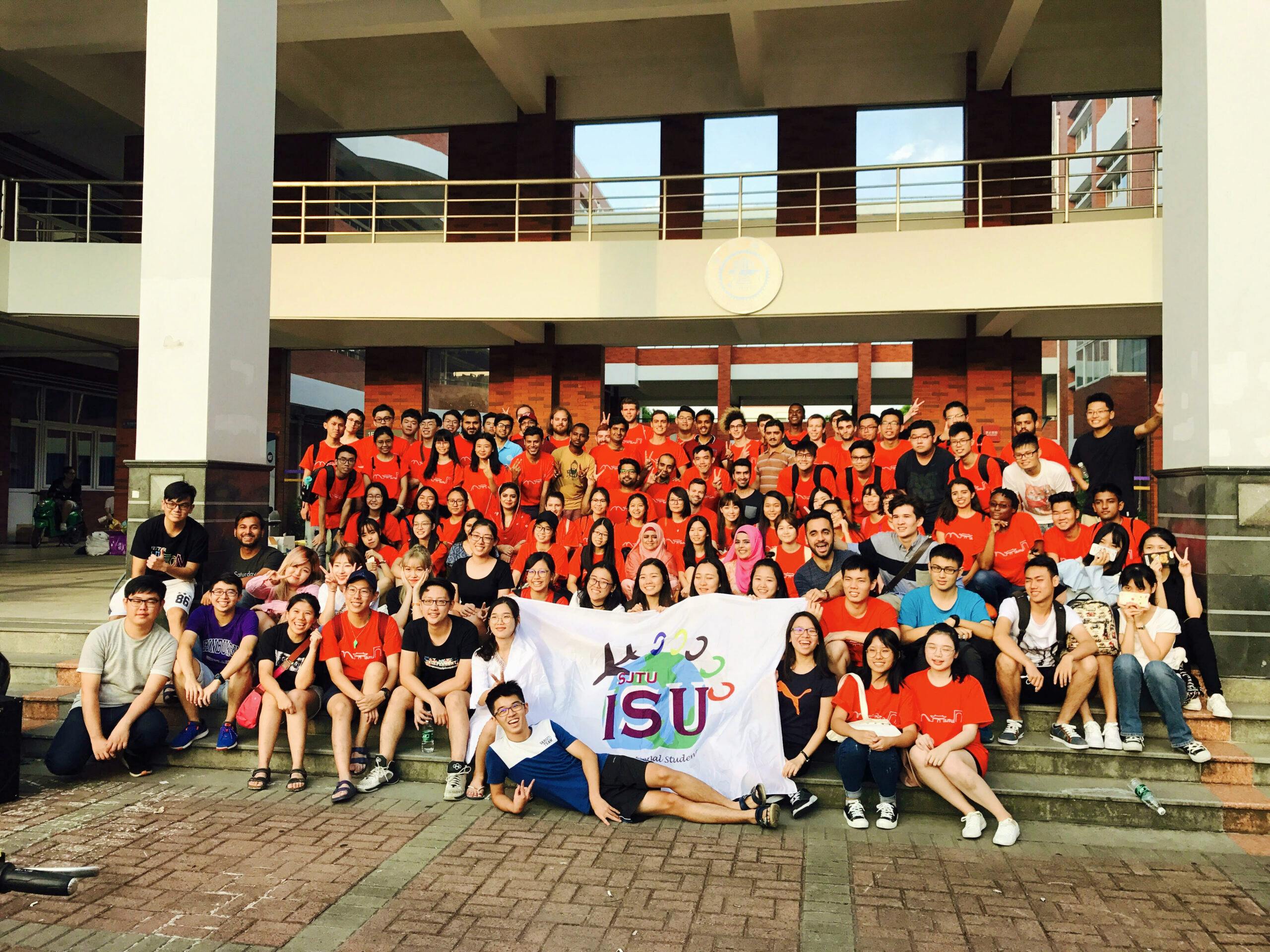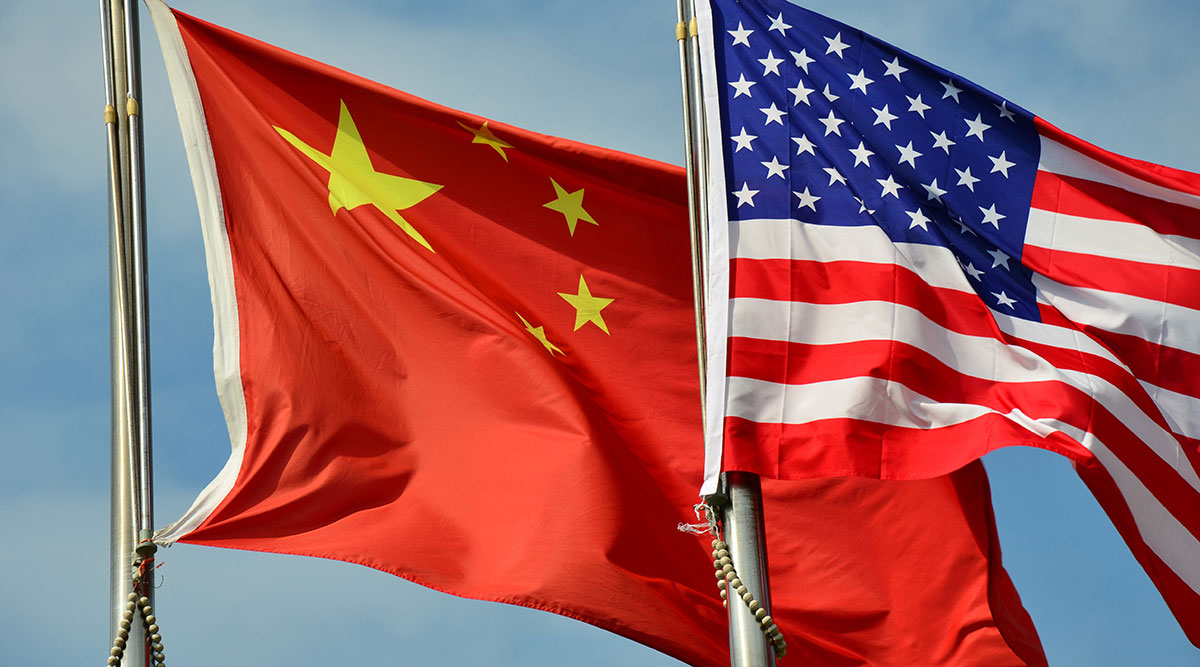China is an amazing country with a fascinating history and unique culture. But if you are planning to study abroad in China, cultural differences can seem overwhelming or alarming instead. Over the course of the university experience, students encounter many differences between Chinese and American universities, and understanding the cultural differences can go a long way to helping you prepare for a study abroad journey.
We summarized the six biggest cultural differences between Chinese and American universities to help you better prepare for your study abroad experience!
Length of the School Year
In the US, universities typically run from September to May and are either divided into two semesters or four quarters. In China, the school year typically begins in September and runs until June or July. Summer break is therefore much shorter than in the US, but remember that universities take three to six weeks off around January/February for the Lunar New Year.
University Communication
This may seem obvious, but the primary language used in Chinese universities is Mandarin Chinese. This will affect how the university communicates with you. One good example is that the English versions of websites are not always updated. It may be more difficult for you to reach out to the university, as the contact page of their website may be out of date.
Chinese universities tend to use WeChat posts and groups to share information with students. This is a big contrast to US universities, where university staff are more likely to frequently communicate with students on a wide variety of channels like official websites, emails, newsletters, and social media.
There are a few ways to help solve this problem. Our free database is constantly updated with the latest admissions information like deadlines and required documents. By applying through China Admissions, we can directly and quickly contact university officials on your behalf to help answer questions. You can also join one of our WeChat groups here to get daily updates.

Relationships with Professors
In the US, professors may emphasize classroom participation and close personal relationships with students. It’s not uncommon for a professor to invite the class to their house, or to be called by their first name.
While it is inaccurate to generalize all Chinese professors, there are a few trends that are worth noting.

Chinese professors have a reputation for lecturing instead of promoting class discussion. It can be true in some cases, but many Chinese professors teaching international students have international experience themselves and are familiar with different teaching styles. The biggest difference is the professional distance between a student and a teacher. Your professor might not be comfortable with a very casual relationship, at least while you are still in their class. Respect from student to teacher is a core of the relationship.
Most Chinese professors also prefer to communicate with their students over WeChat instead of by email, as is common in the US.
Life in the Minority as an International Student
As an international student, you will be in the minority. The majority of services on Chinese university campuses will be geared towards Chinese nationals or Chinese speakers. You may need to go through a longer and more complicated process to register as a student, get a bank account, and register for a SIM card.
Though there are many clubs and student organizations on Chinese campuses, the ones you can join may be limited by your Chinese language ability and willingness to go out of your cultural comfort zone. Though it’s easy to only join English-speaking clubs with other foreigners, you’ll get a deeper cultural experience by going out of your comfort zone!

You may also get some privileges as an international student. International students typically stay in their own dorms separate from Chinese students. While Chinese students may have four to six people in one dorm room, International students may only have one or two roommates. International students also have opportunities for unique cultural events, field trips, and other experiences not open to Chinese students. Additionally, expats in China are well-connected and have their own communal bonds. It will be easier for you to find and integrate with other foreigners from your country and region–potentially opening the door to jobs and future employment.
The Internet
This is a major culture shock to American students. Due to Chinese internet restrictions, American students will find an entirely different online environment. Instead of using Facebook or Instagram, Chinese university students use WeChat, Xiaohongshu, or Soul to stay connected. Replace Tiktok with Douyin, JSTOR with CNKI, and Quora with Zhihu. Unless you are willing to pay for a quality VPN (Virtual Private Network) to access non-Chinese sites, you’ll need to adapt to this different online world.
Read more: 13 essential apps to have in China, and top dating apps and ways to meet people in China

Ambiguity
For American students studying in China, the biggest cultural difference (and biggest frustration) is definitely ambiguity.
American students typically prefer clear and timely news updates from the university, transparent leadership, and easy communication with university officials who can solve their problems. In a Chinese university, American students may be frustrated by what they perceive as a lack of communication, inability to contact high-level administrators, and delays in solving their personal problems. American international students view these not just as cultural differences, but as major frustrations and obstacles to their happiness and education.
Chinese university administration can be more bureaucratic and hierarchical than their US counterparts. This leads to a lot of initial frustration for American students who wonder “Why don’t I know what’s going on?” In reality, Chinese university administrators are just navigating through a different bureaucratic system. Some junior staff members don’t have the jurisdiction to help you with major decisions, and thus must refer to more senior administrators. Coordinating between different university departments can also take time.
The issues facing international students, which may involve non-university organs such as the Ministry of Foreign Affairs, foreign embassies, the Exit-Entry Bureau, or others, are especially tricky to solve quickly and the university does not have influence in these outside institutions.

Accepting Cultural Differences
When you decide to study abroad in China, you’re not just signing up for an incredible adventure that can change your life. You’re also signing up to experience an entirely different language, culture, and set of social norms. Accept that there will be cultural differences, but different doesn’t mean bad. As an international student, you have a unique opportunity to compare cultures and develop your communication, flexibility, and maturity. These cultural differences may be frustrating at first, but learning to adapt to them is the first step into truly making the most of your study abroad experience in China!
No matter what the differences between Chinese and American universities are, you will still be able to pursue a high-quality education with a totally unique experience.
Join thousands of other international students exploring Chinese culture and society by finding your perfect university program here:
- SUMC Deadline Extended: June 15, 2025 - April 26, 2025
- 5 Chinese Universities Without Application Fee - April 19, 2025
- 9 Best Schools to Study Chinese in Beijing in 2025! - April 6, 2025

